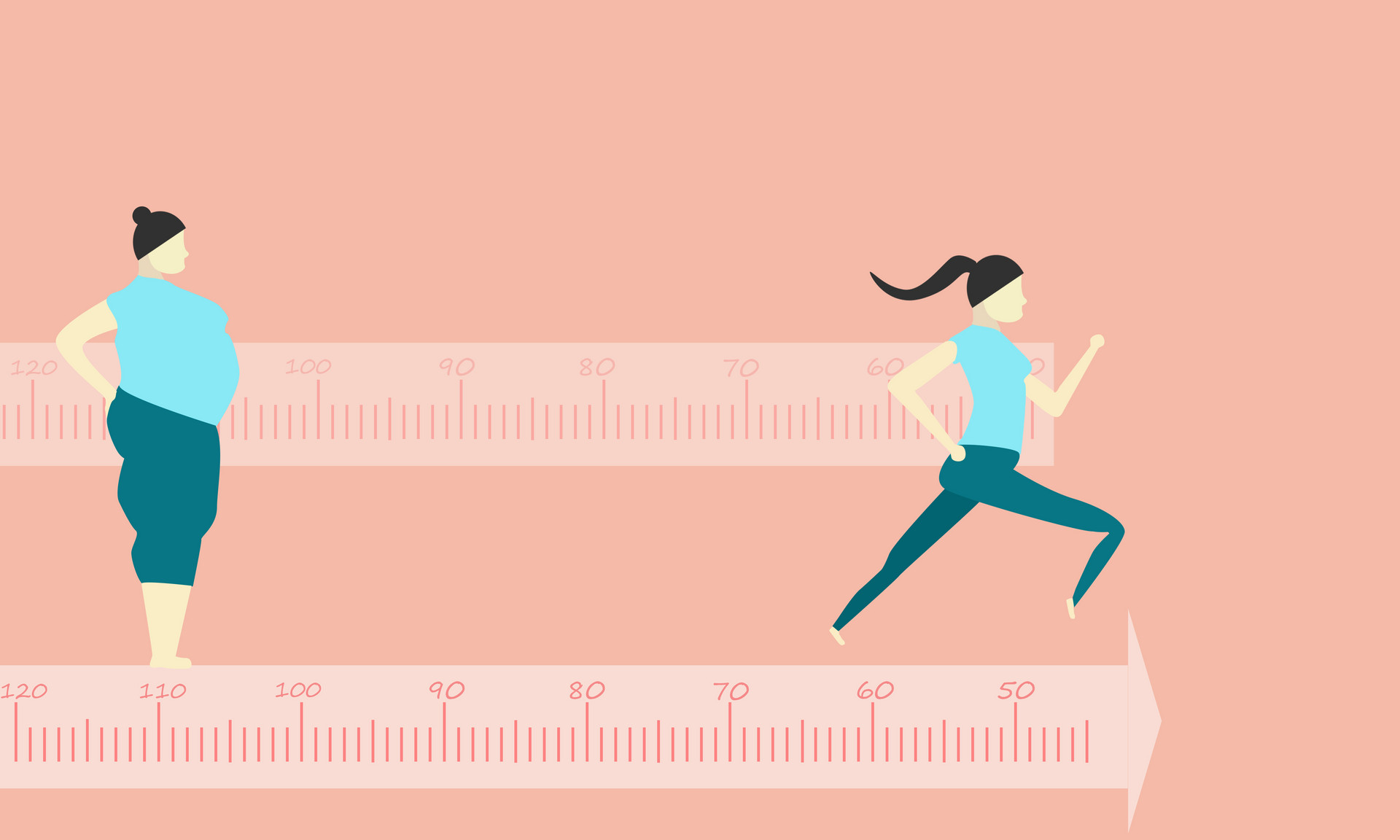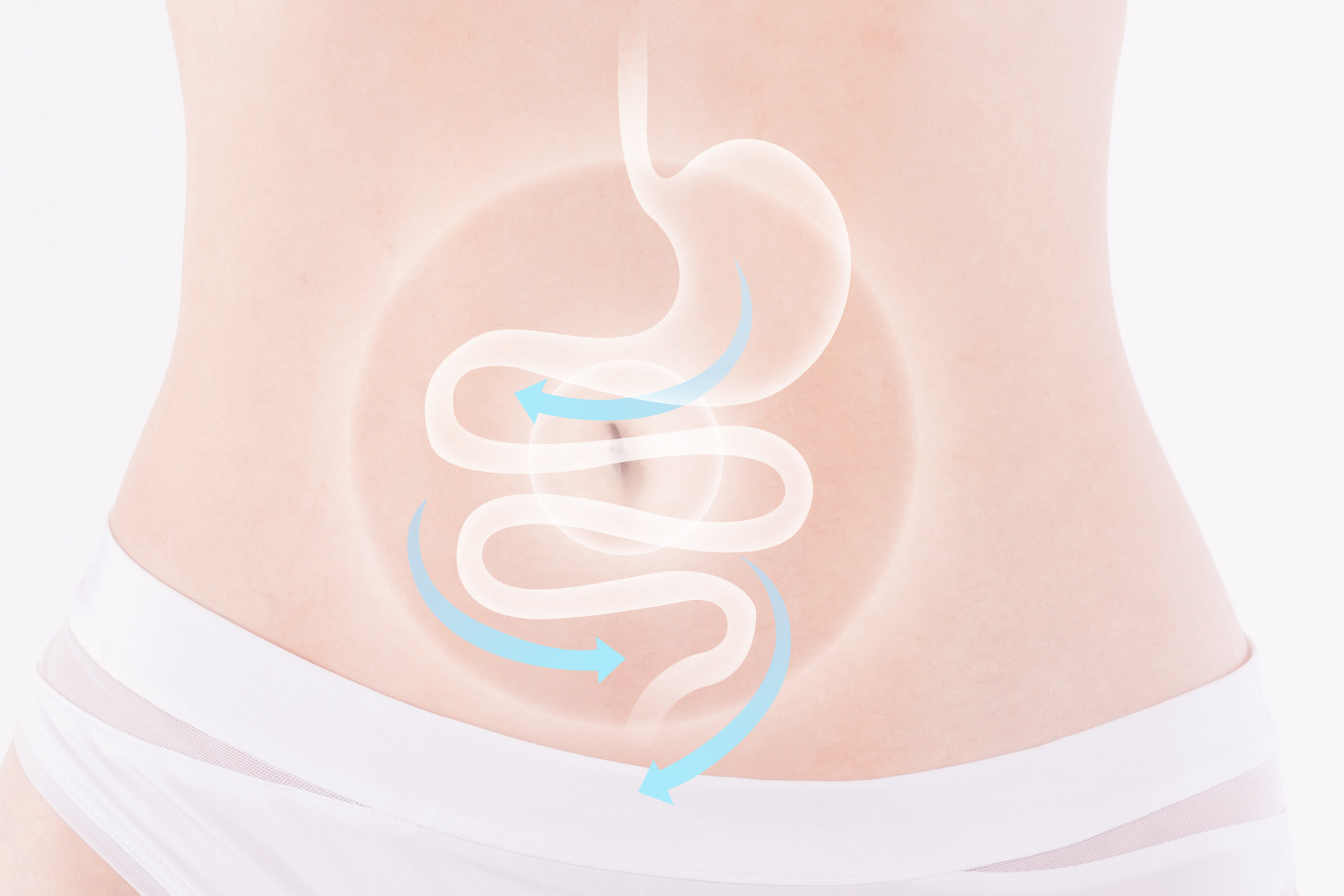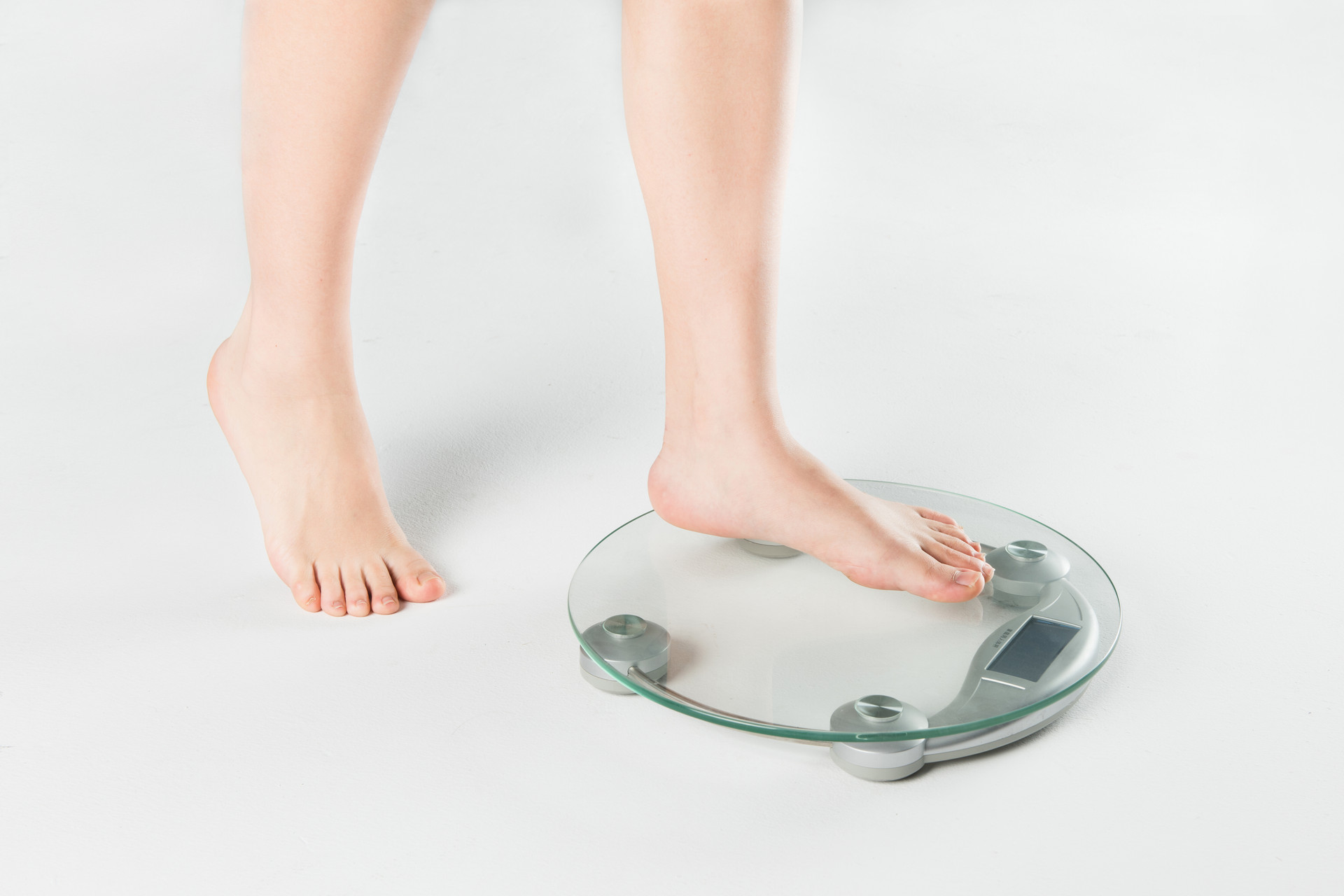Obesity has become a major concern for many people. However, many are unaware that obesity is also a disease and is one of the top ten chronic diseases identified by the World Health Organization. Currently, there are over 200 million overweight individuals and over 90 million obese individuals in China. To target weight loss more effectively, why not try traditional Chinese medicine's approach of identifying different patterns of obesity?
Heat and Phlegm Stagnation Type Obesity
Individuals of this type usually have strong muscles, but they are often thirsty and have a large appetite. They tend to drink cold water during hot weather, and there is a higher prevalence among males. This type of obesity is easier to successfully lose weight and has a lower rate of weight regain. In this type of obesity, there is excess heat in the body, leading to accumulation of phlegm and stagnation, resulting in obesity.
Acupressure can be applied to the Neiting acupoint. The Neiting acupoint is the Ying point of the Stomach Meridian of Foot Yangming. Ying means "flowing water." In Chapter 44 of the Ling Shu, it states, "Neiting is located between the second and third toes, it is called Ying." The Neiting acupoint has the effect of clearing the stomach, relieving heat, regulating qi, and alleviating pain. It can be considered as the nemesis for heat conditions. The Neiting acupoint is located on the dorsum of the foot, between the second and third toes, at the red-white junction. To stimulate this acupoint, sit with the foot hanging or lie down, and press the fingertips of one thumb on this acupoint with some force until a slight soreness is felt. Press each side for one minute, a total of two minutes, and perform this massage daily.
Spleen Deficiency and Dampness Obstruction Type Obesity
In traditional Chinese medicine, improper diet is one of the main causes of obesity. Sedentary lifestyle and lack of exercise are also major contributing factors. Although the direct cause of obesity is "caloric intake exceeding caloric expenditure," the underlying cause is usually related to the dysfunction of the spleen, stomach, liver, and kidneys, with spleen and stomach dysfunction being the key factor. When food and drink enter the stomach, they rely on the proper functioning of the spleen and stomach to transform them into vital substances. If the spleen and stomach are weak, the transformation process is disrupted, leading to the accumulation of dampness and phlegm, resulting in obesity. Therefore, the treatment focuses on regulating the spleen and stomach and clearing dampness.
Individuals of this type usually have average appetite, weak and soft muscles, easy fatigue, swelling in the limbs, weakness in hands and feet, lack of interest in exercise, feeling of weakness and drowsiness after meals, and swollen eyes in the morning. How can they regulate their condition?
The acupoint recommended by TCM experts is Fenglong. Fenglong is located on the outer side of the lower leg, eight cun above the tip of the outer ankle, outside the lower leg bone, two transverse fingers (middle finger) away from the anterior edge of the tibia. Fenglong is a luo-connecting point of the Stomach Meridian of Foot Yangming, where the Stomach Meridian and Spleen Meridian converge. Stimulating this acupoint with moxibustion can help strengthen the spleen and eliminate dampness. Moxibustion for 15 minutes on this acupoint daily is effective.
Liver Qi Stagnation Type Obesity
Individuals of this type have poor blood circulation due to liver qi stagnation, leading to abnormal metabolism. To prevent obesity, acupressure can be applied at home. The recommended acupoint by TCM experts is Taichong. Taichong is located on the dorsum of the foot, between the big toe and the second toe, at the intersection of two bones. Before applying pressure to Taichong, you can sit or lie down, take a few deep breaths to expand your chest, then sit down and use the tip of your thumb to press and massage along the gap between the big toe and the second toe until you feel the pulse of the artery. Apply pressure for one minute, then release slowly. Repeat this finger pressure on Taichong 3-5 times. The pressure should be moderate and gradually increase. You can also apply pressure to other nodules or tender points along the liver meridian, such as Lígōu. However, be careful not to apply excessive force to avoid subcutaneous bruising. After applying pressure, you can drink a small amount of water to aid metabolism.
Liver and Kidney Deficiency Type Obesity
Individuals of this type are usually over 50 years old and may have comorbidities such as hypertension and diabetes. Even with a reduced diet, their weight continues to increase. In TCM theory, the liver governs smooth flow and the kidneys govern water. In individuals with liver and kidney deficiency, the functions of smooth flow and water metabolism are impaired, leading to a gradual increase in weight. Nourishing the liver and kidneys is the most direct way to regulate this type of obesity.
There are many foods and herbs that can nourish the liver and kidneys. TCM experts recommend sea bass, especially during the spring and summer seasons. Sea bass is known to nourish the five organs, strengthen tendons and bones, harmonize the digestive system, and treat water retention. Therefore, individuals with liver and kidney deficiency can consume more sea bass during the transitional period between spring and summer.
Blood Deficiency Type Obesity
Blood deficiency obesity is caused by insufficient blood in the body. When there is insufficient blood, necessary nutrients cannot be transported to different parts of the body, and excess substances easily accumulate in the body. This leads to a decrease in basic bodily functions, abnormal metabolism, and ultimately obesity.
Treating blood deficiency obesity can be achieved by consuming foods rich in nutrients that promote blood production. TCM experts recommend pumpkin, which is known as a "wonderful product for nourishing blood" by the famous physician Chen Xiuyuan from the Qing Dynasty. Pumpkin contains cobalt, which is an important component of vitamin B12 and helps red blood cells function properly. It also contains zinc, which directly affects the function of mature red blood cells. Iron is a basic trace element for hemoglobin production. All of these nutrients are excellent for nourishing blood. Therefore, individuals with blood deficiency obesity can consume more foods made with pumpkin, especially when the symptoms are mild.











